Essay

Nothing to Lose but Our Mains
Sammy Feldblum
The unraveling of Britain’s largest water utility is not just a corporate scandal but a case study in how privatized water systems strain under climate pressure, aging infrastructure and the limits of market governance.
•15 min read
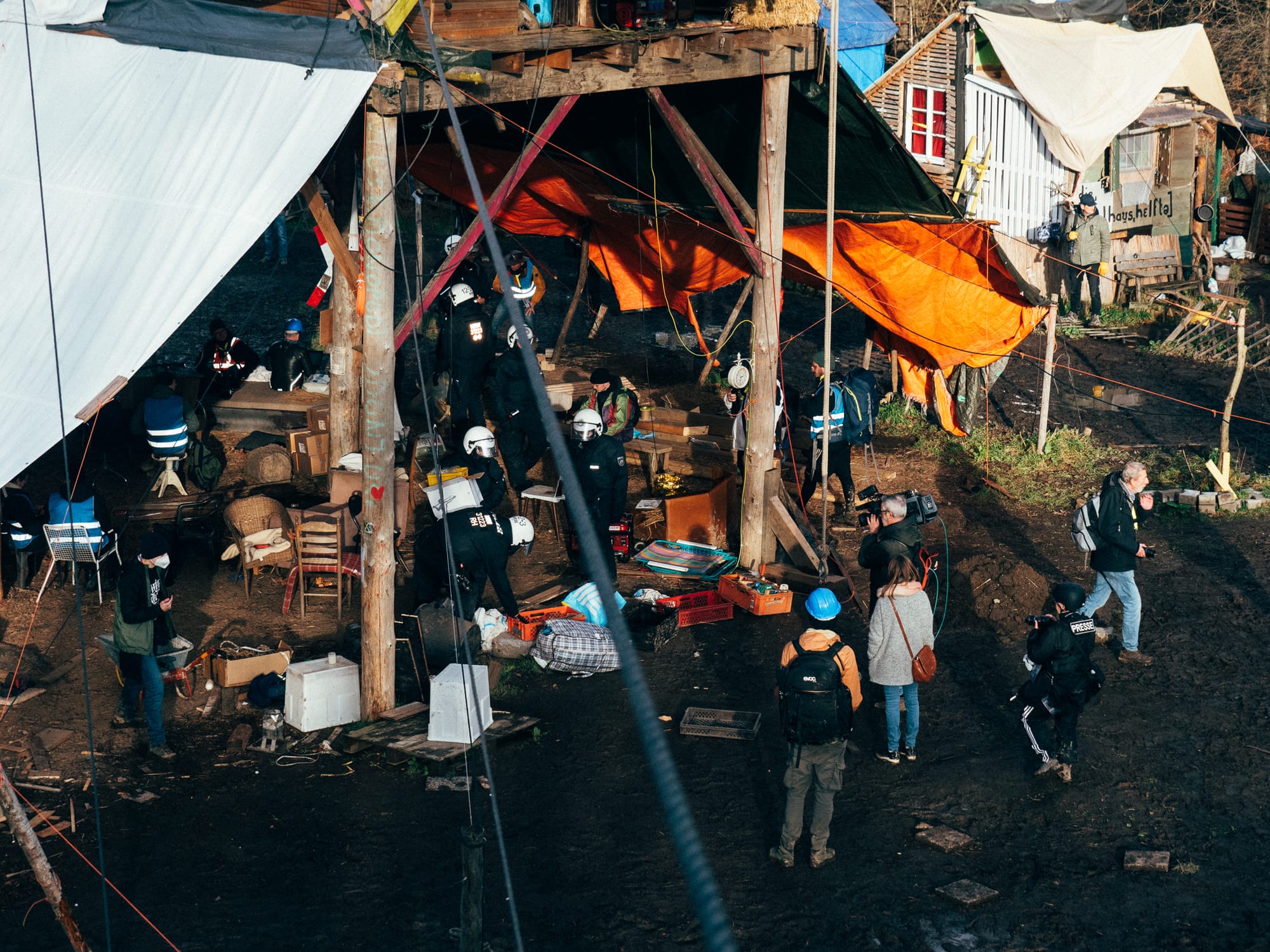
Care Lessons for the Climate Endgame
Mikkel Krause Frantzen
During the climate endgame, our survival hinges on rebuilding the systems of interdependence that make life in the ruins possible.
•14 min read

Reading Stuart Hall for the Climate Crisis
Casey A. Williams
Stuart Hall’s politics of culture offers the left a blueprint for confronting the climate crisis.
•13 min read

Javier Milei and the Long Shadow of the IMF
Lola Allen
In Argentina, economic chaos and political upheaval expose how the IMF's promise of stability has become an instrument of managed decline.
•15 min read

Between an Ice Road and a Ring of Fire
Gemma Boothroyd
The Ring of Fire development is a social and environmental calamity dressed up as economic necessity—and a continuation of Canada's long colonial history.
•9 min read

Introducing Issue #2: Frontiers
Adrienne Buller, John Merrick
In the trade-offs between decarbonization and human and ecological impact, how do we determine which costs are bearable, or inescapable, even necessary—and who gets to make these decisions?
•5 min read

Lula’s Dilemma
Sabrina Fernandes
In Brazil, big agribusiness holds the reins of political power. Without confronting this head-on, Lula’s ecological promises will remain just that—promises.
•13 min read

After the Thaw
Jacob Bolton
As temperatures rise and the Arctic thaws, capital is eyeing new opportunities: for extraction, for shipping and for extending a lifeline to business as usual.
•13 min read
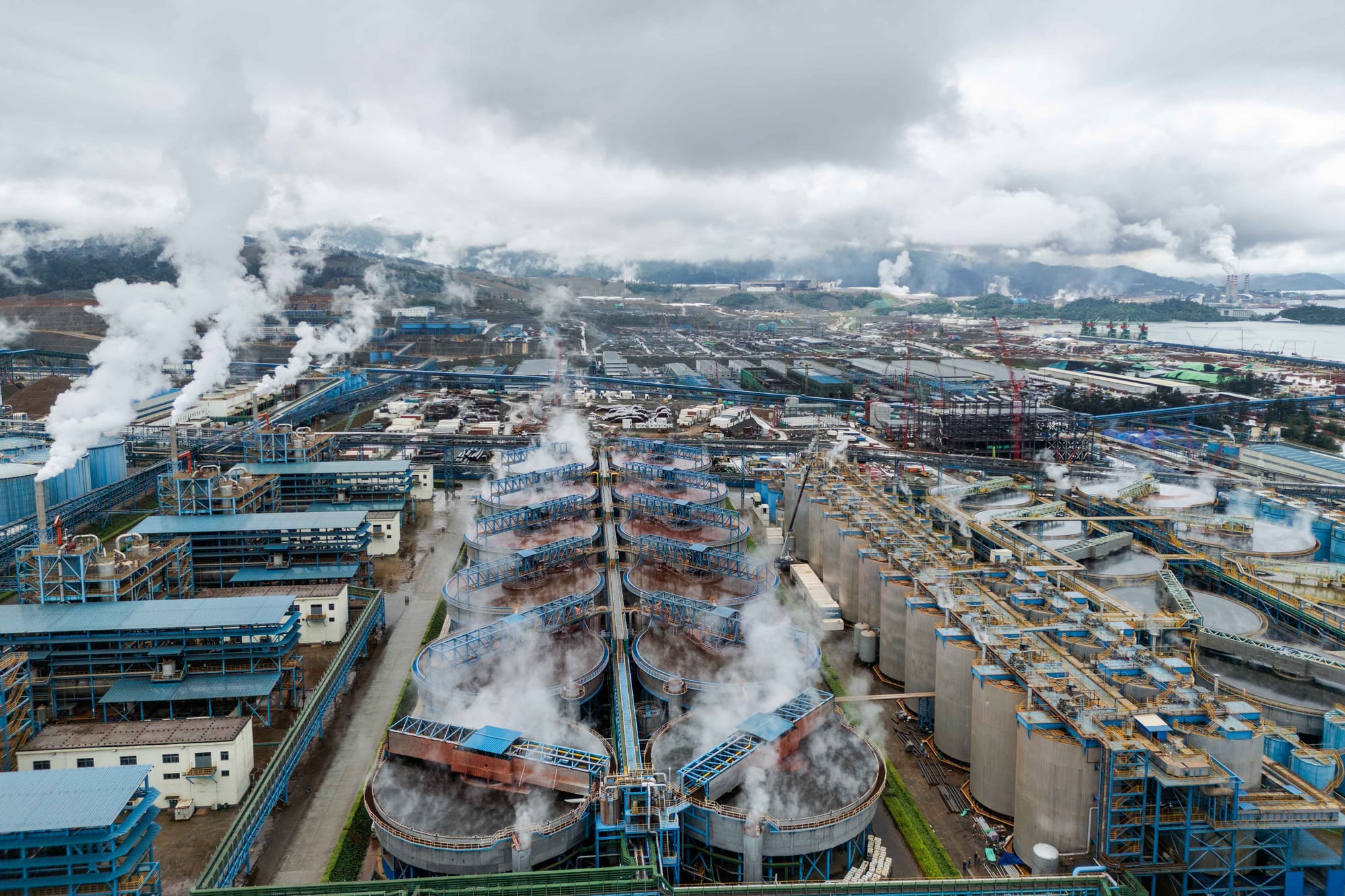
Then Where Will We Live
Garry Lotulung
In Indonesia, nickel mining is booming as global demand for batteries surges. Its impacts—on workers, on communities and on nature—are deeply felt.
•12 min read

An Invisible Frontier
Ben Lennon
The greatest obstacle for the energy transition is not production or hard physical constraints—it is the skilled labour needed to transform our infrastructure and economy.
•15 min read

Against the Fortress
Nathan Akehurst
“Climate migration” defies clear definition, but as the impacts of climate change mount and politicians stoke anti-migrant hostility, the climate movement must meet this challenge head-on.
•13 min read

Merging to Survive
Ashok Kumar
As the fossil fuel industry consolidates into an ever smaller number of vast firms, new strategic openings for disruption emerge.
•15 min read
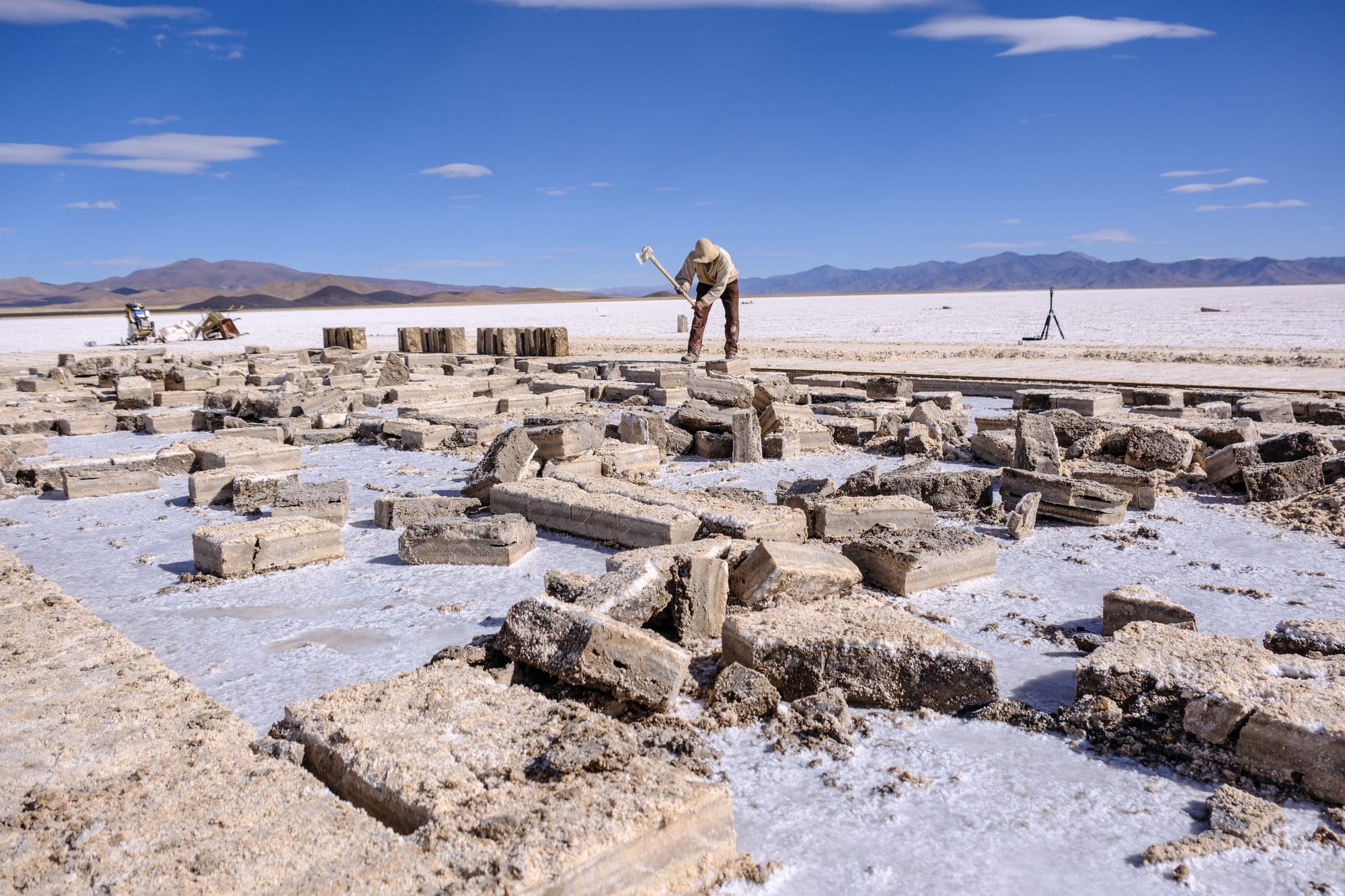
DISPATCH: The Desert and the Mine
Sam Meadows
The Lithium Triangle, spanning Argentina, Bolivia and Chile, contains over half the world’s lithium reserves, essential for the energy transition. But mining here is fraught with human, cultural, political and ecological questions.
•13 min read

The Sunlight Managers
Sofia Menemenlis
By deploying the language of objectivity while evading questions about the social relations that underlie the climate crisis, the science profession is granting legitimacy to a dangerous idea: solar geoengineering.
•18 min read
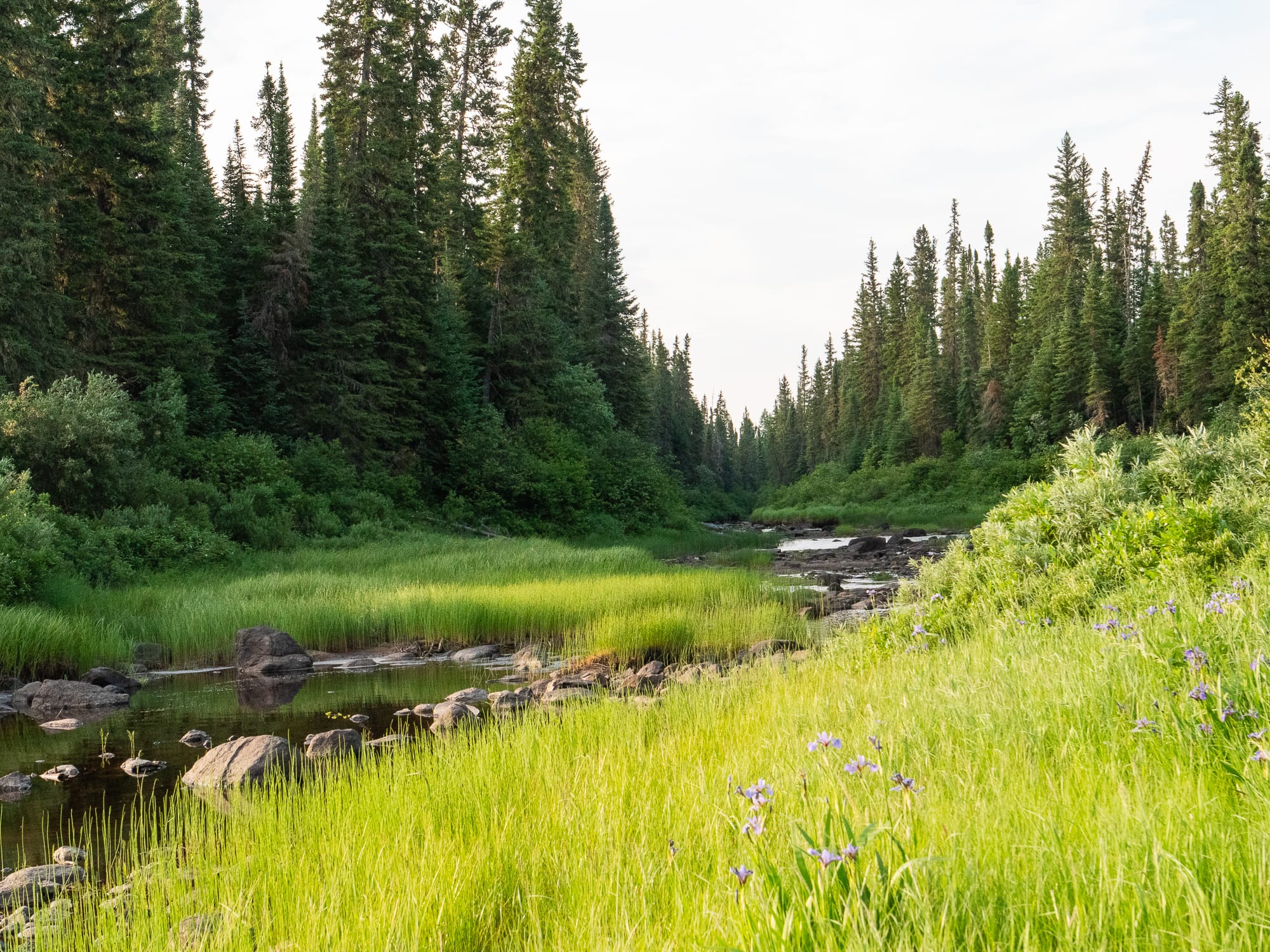
DISPATCH: Resistance on the Attawapiskat
Omar Ferwati, Nessie Nankivell
In northern Ontario, a region rich in mineral deposits has become a frontline in the fight for Indigenous sovereignty.
•15 min read
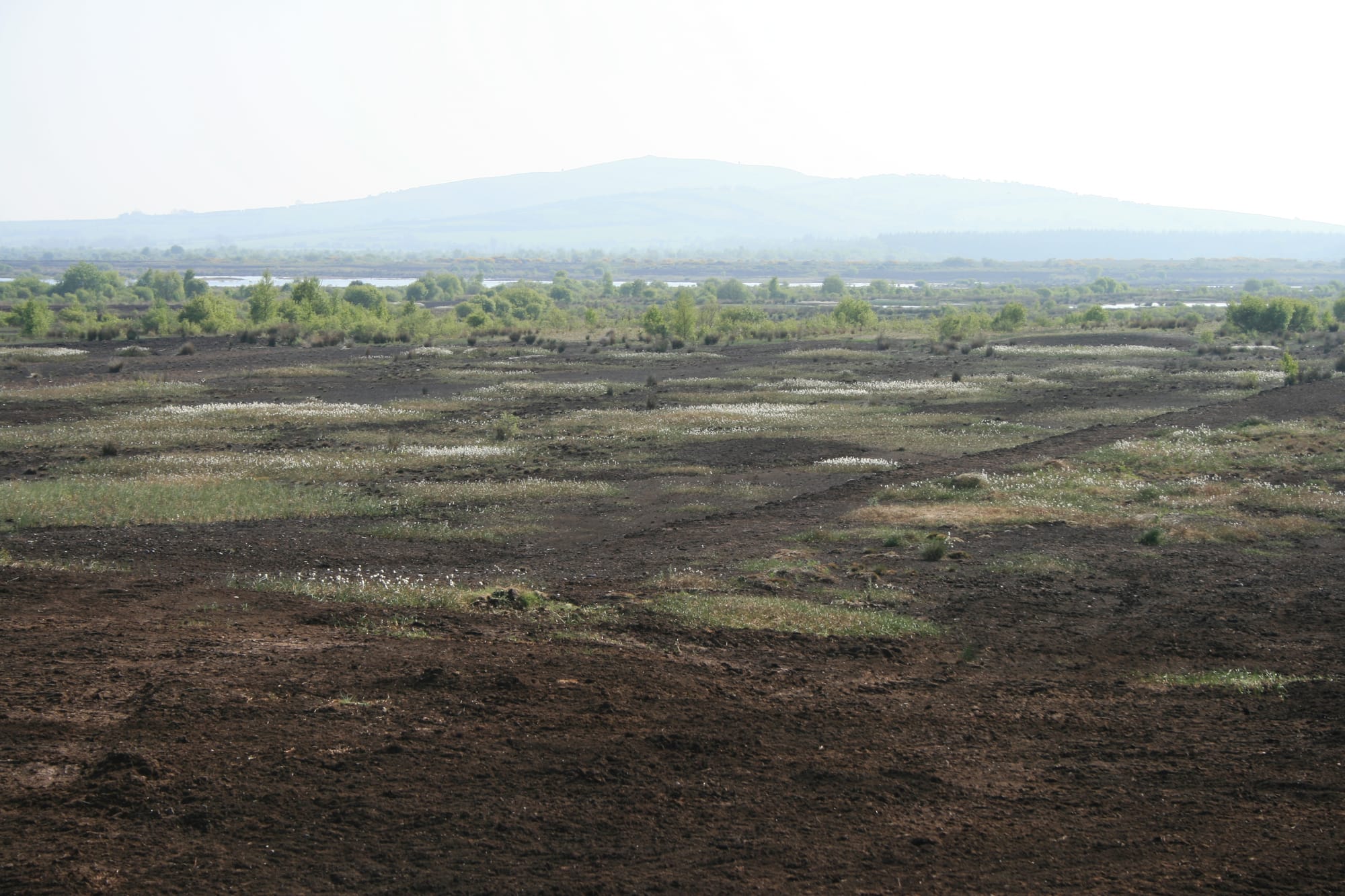
Bog Communism
Roisin Agnew
Ireland’s bogs were degraded by industrial exploitation. Today, they play host to a growing network of data centres. Can we reclaim them as commons, and restore their value—cultural, social and ecological—outside of capital’s logic?
•14 min read

Fascism and the British Countryside
Richard Smyth
The far right has long portrayed itself as the defender of a pristine nature against urban corruption, but its history in the British countryside tells a far more complex story about nationalism and rural life.
•11 min read
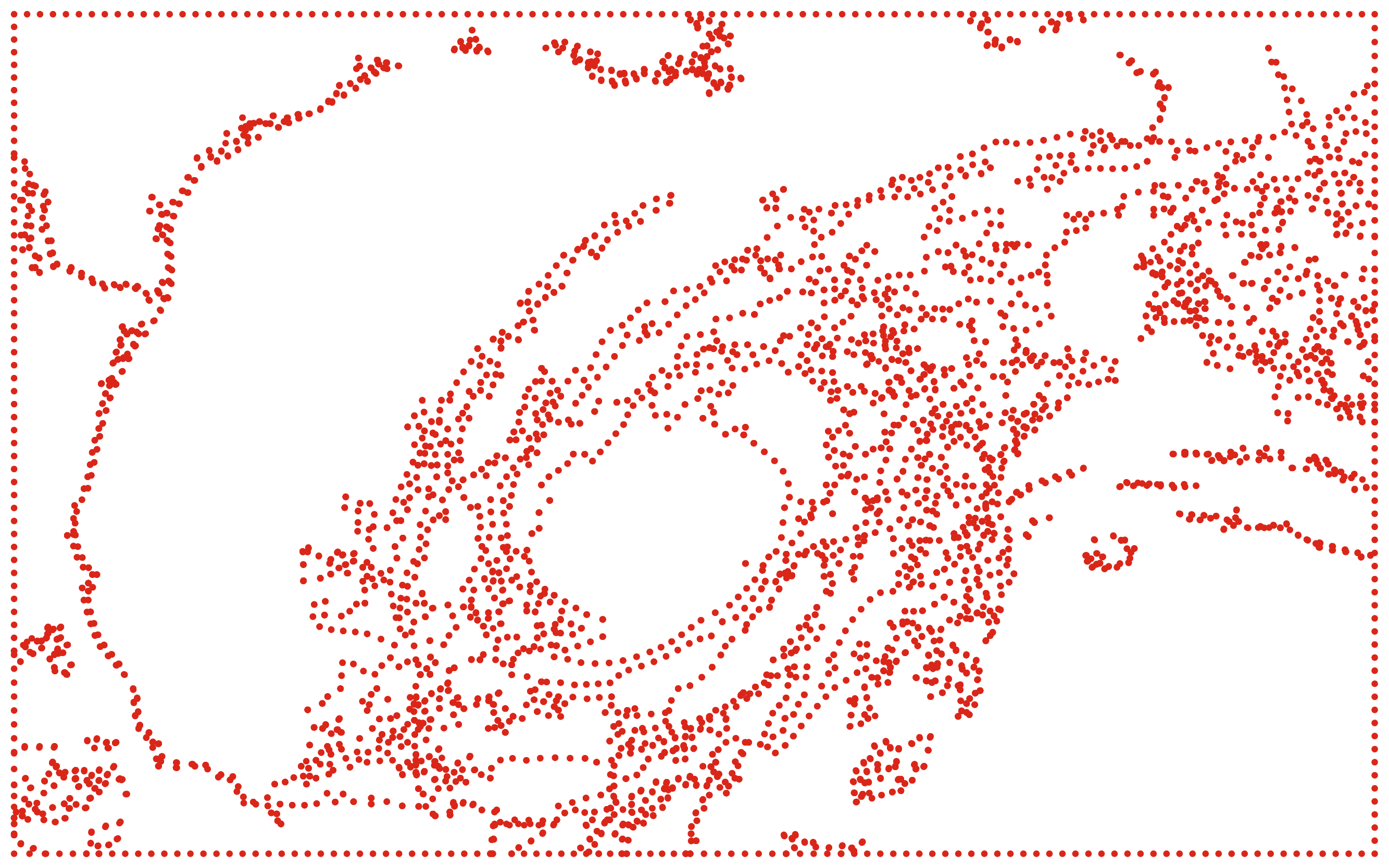
The Heat of the Moment
Adrienne Buller, Geoff Mann
In place of paralysis or bland positivity, this is the moment for an honest reckoning with where we stand, what we are up against, and where, already, resistance is underway.
•13 min read

Delete, Delete, Delete
John Merrick
How should we understand the contradictions of Elon Musk?
•12 min read

Morbid Symptoms
The Zetkin Collective
Climate denial is entering a new phase. What comes next is not yet determined.
•12 min read

Exiled in Austin, TX
Kahron Spearman
To live in temporal exile is to exist outside of time, confined by deliberate social and infrastructural policies that erase history and foreclose the future.
•13 min read

Petrol For the People
Lukas Slothuus
Sweden’s far right defines its vision of climate action.
•13 min read

Real Constraints
Lara Merling
Finance for climate action is limited by orthodoxy, not reality
•11 min read

Trying to Reason with Hurricane Season
Beki McElvain
In Florida, risk is a feature of life. Amid a deepening climate crisis, financial capitalism gives this risk new meaning.
•11 min read

What is Climate Science for?
Véronique Carignan
The relationship between science and the US government has been, from the start, deliberate and strategic
•12 min read

Organizing Against Abandonment
Youssef Bouchi
On the history and future of USAID
•11 min read

A Green Cold War
Ilias Alami
In our era of global economic interdependence, the face of geopolitics has changed.
•13 min read

Failure as Success
Brett Christophers
What is Biden’s climate legacy?
•13 min read

Socialising Nature
Jacob Blumenfeld
How we can live together without exploiting each other? This is the work of socialising nature.
•16 min read

On Disaster Nationalism and the Climate Crisis
Richard Seymour
In the wake of Donald Trump's stunning election victory, the continued march of "disaster nationalism" and the far right will increasingly define global climate politics.
•11 min read

Beyond Human Security
Astra Taylor
Attempts to achieve security by trying to dominate nature are now backfiring on an unprecedented scale.
•12 min read

Uniting The Climate and Housing Crises
Martha Dillon
Not only do insecure housing systems and growing environmental pressures concern the same buildings and the same people — they cannot be separated at all.
•11 min read

James Watt in Shenzhen
Ewan Gibbs
Past and present energy transitions have been motivated by the political and economic ends of industry and government, but they also create new opportunities for labour mobilisation.
•13 min read

Against a Military Transition
Nico Edwards, Khem Rogaly
The "transition plans" of Western militaries are only viable responses to climate and ecological crisis when the causes of those crises are ignored. What is needed now is the drawdown, not the expansion, of military power.
•18 min read

Market Failure
Gareth Bryant, Sophie Webber
Market-based climate policy — which strives to replace politics with “precision" — has failed. We need transformative, democratic solutions to address the climate crisis.
•12 min read

Is The Future Worth It?
Liliana Doganova
We urgently need to transform our relationship to the future, freeing it from the logics of capitalisation and its unequal treatment of time.
•9 min read

What is a Just Transition?
Mijin Cha
As the idea of the "just transition" has become mainstream, it has increasingly been co-opted. We need a transition away from both fossil fuels and from the extractive systems harming both people and planet.
•15 min read

Downward Mobilisation
Advait Arun
Private investment cannot and should not drive decarbonisation. It's obvious: we need the state.
